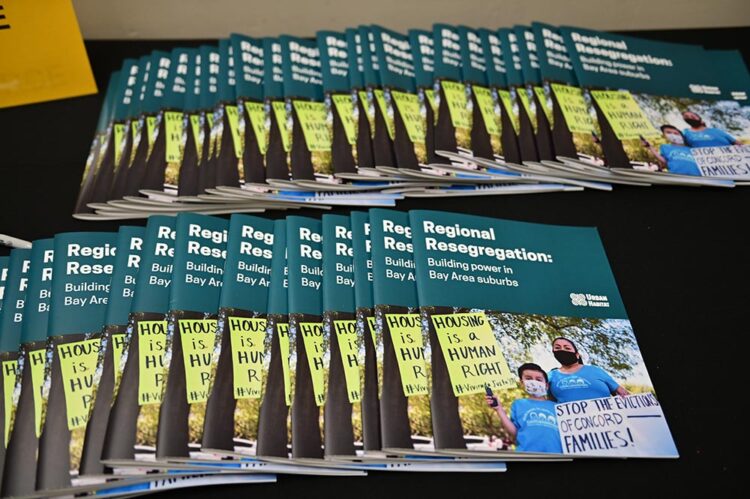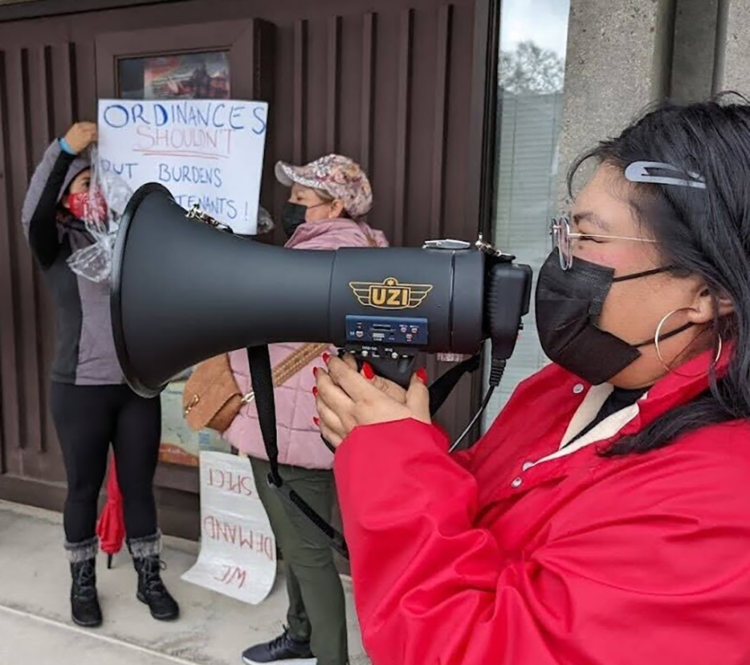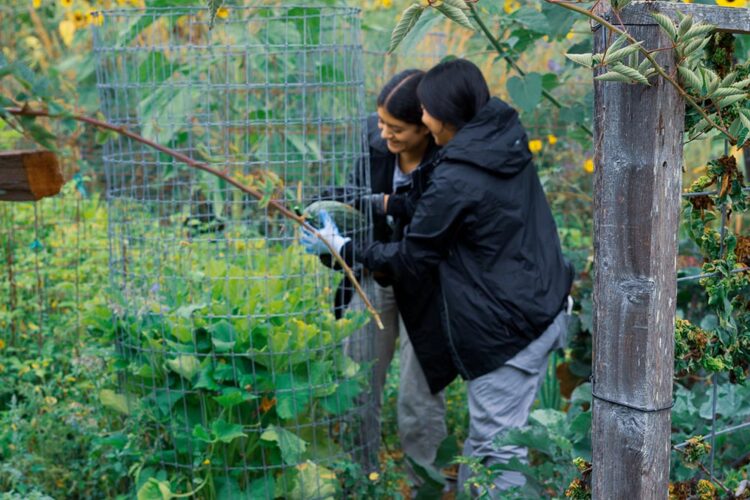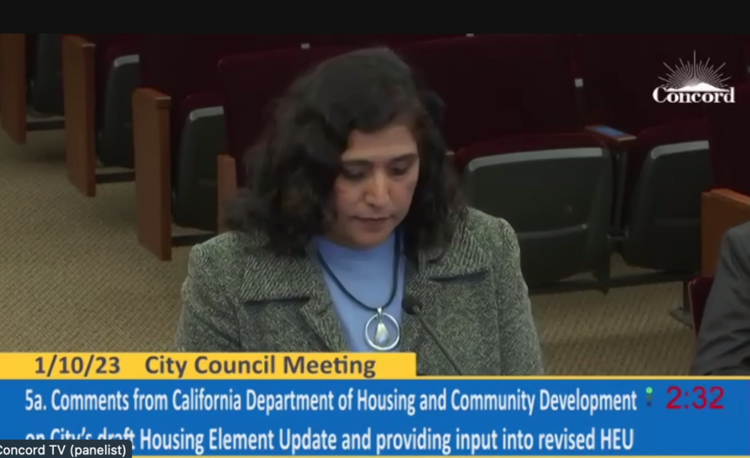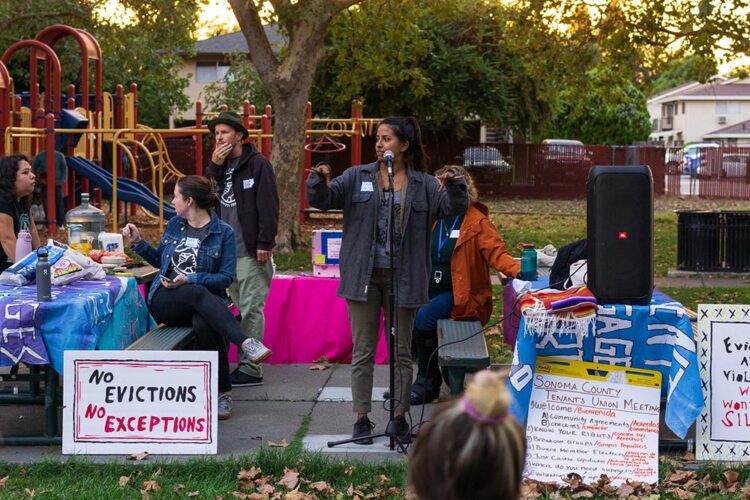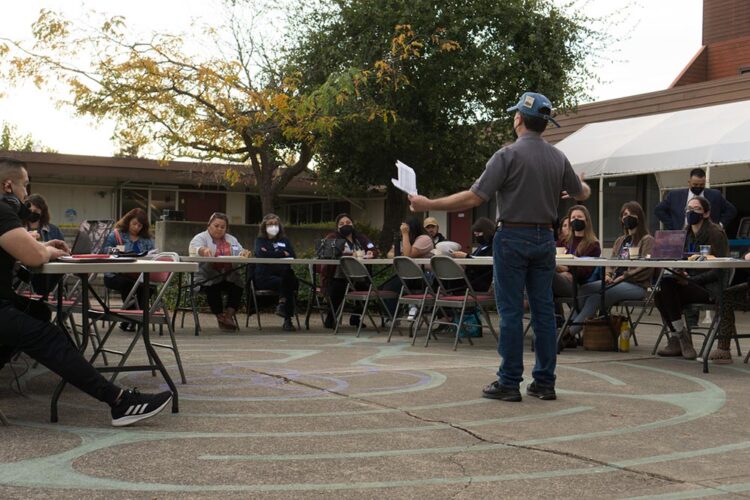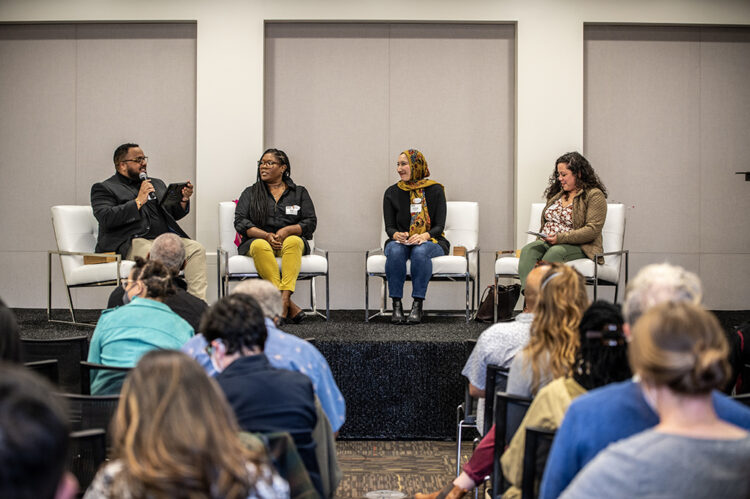
Great Communities Collaborative
2022 – $25,000 General Support
The Great Communities Collaborative (GCC), launched in 2005, is a multi-sector initiative housed at San Francisco Foundation that engages local organizations in shaping the future of housing, transportation, regional land use, and climate resilience in the nine-county Bay Area.
The Great Communities Collaborative convenes funders, public sector agencies, elected officials, and nonprofit organizations through the GCC Funders Network and multiple working groups. Together we envision and advance a racially equitable, economically inclusive, and environmentally sustainable Bay Area with thriving neighborhoods that are well connected to regional opportunities and affordable for people of color and underpaid workers. We also help protect people’s ability to stay in their homes, preserve existing affordable housing, and promote the production of new affordable housing, especially on public lands.
By involving more people in planning and decision-making about their neighborhoods, GCC helps bring a diversity of voices into conversations around the future of our cities, counties, and the Bay Area as a whole, leading to new policies and practices around regional planning. They tackle regional inequities by collaboratively funding efforts that:
Champion Racial Equity: Great Communities Collaborative works to ensure that marginalized communities – which are often predominately made up of Black, Indigenous, and other people of color – are involved in decision making around housing, transportation, land use, and climate resilience, to drive outcomes that promote racial equity and economic inclusion. Great Communities Collaborative produced a report in March 2022 called Five Ways Philanthropy Can Catalyze Tenant-Centered Housing Preservation with LISC Bay Area and San Francisco Foundation, which outlines how the pandemic has disproportionately affected the housing stability of people of color, and how to preserve housing through a tenant-centered lens to achieve equity.
Center Impacted People: Great Communities Collaborative funders, partners, priorities, program areas, and strategies center Black, Indigenous, and people of color communities who have experienced and are experiencing the harshest impacts from historical and systemic racial discrimination and economic marginalization. We believe that the people most impacted by inequities should be involved in designing their own solutions, so we strive to center their expertise, be guided by their lived experiences, amplify their voices, advance their solutions, and position them as leaders for outreach, education, and advocacy efforts, including engaging with policymakers.
GCC funded local organizing through the Silicon Valley Rising Coalition, which includes many labor and community organizations. The coalition gathered community input through three town hall meetings and a community survey. GCC also funded a research study to quantify the impact of the proposed Google campus on the surrounding area, which gave advocates the necessary data to push for greater commitments around affordable housing. The Silicon Valley Rising Coalition ultimately achieved a landmark $200M community benefits agreement from Google in 2021 for downtown San Jose, which included $150M for affordable housing and community stabilization.
Change Policies and Systems: As a multi-sector network of organizations and agencies, the very purpose of Great Communities Collaborative is to bring people together to share, learn, and find solutions to some of the Bay Area’s most pressing problems. GCC was involved in passing AB 1486 to build a regional “Public Land for Public Good” framework to get more Affordable Housing built on public land. As a result, 75% of new affordable housing in San Mateo County will now be built on public land. GCC helped launch two housing loan funds at the Metropolitan Transportation Commission (MTC) – the $40M Bay Area Transit Oriented Affordable Housing Fund (TOAH) and the $49M Bay Area Preservation Pilot (BAPP). Both funds prioritize projects that will create affordable housing for people of color, low-income people, and marginalized communities. We promote policy solutions because they can transform the root causes of our state’s inequality crises. These inequalities are rooted in policies and practices that, collectively, we have the power to change.


